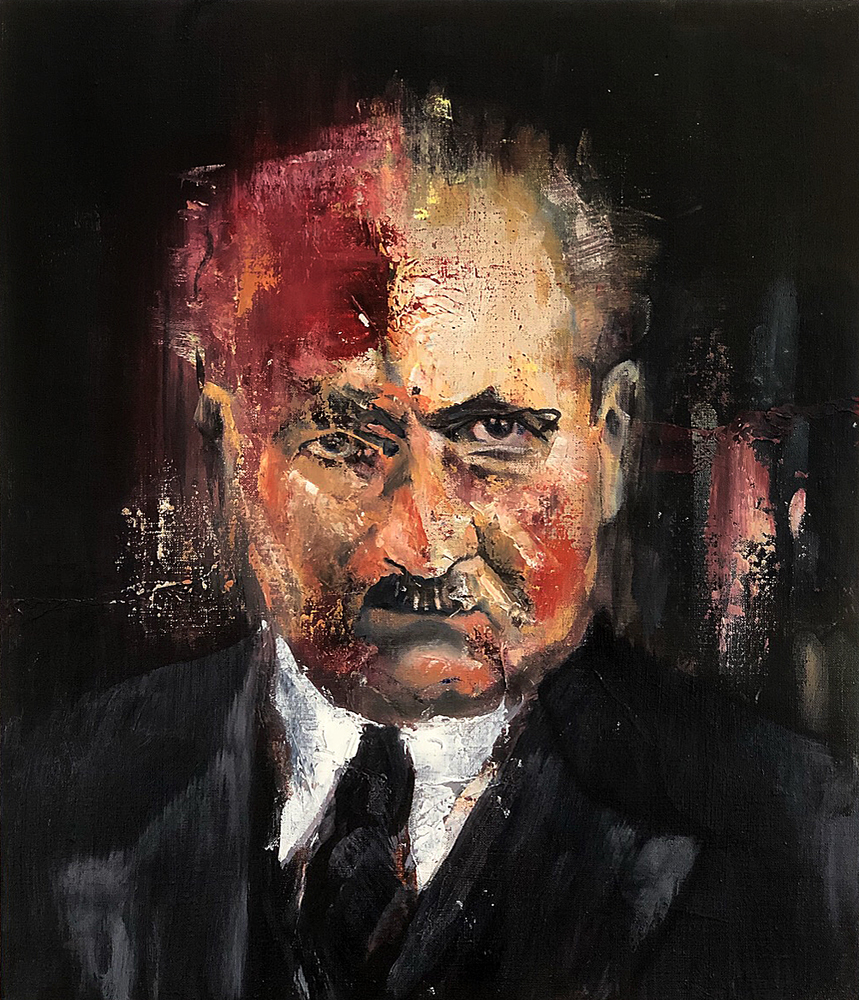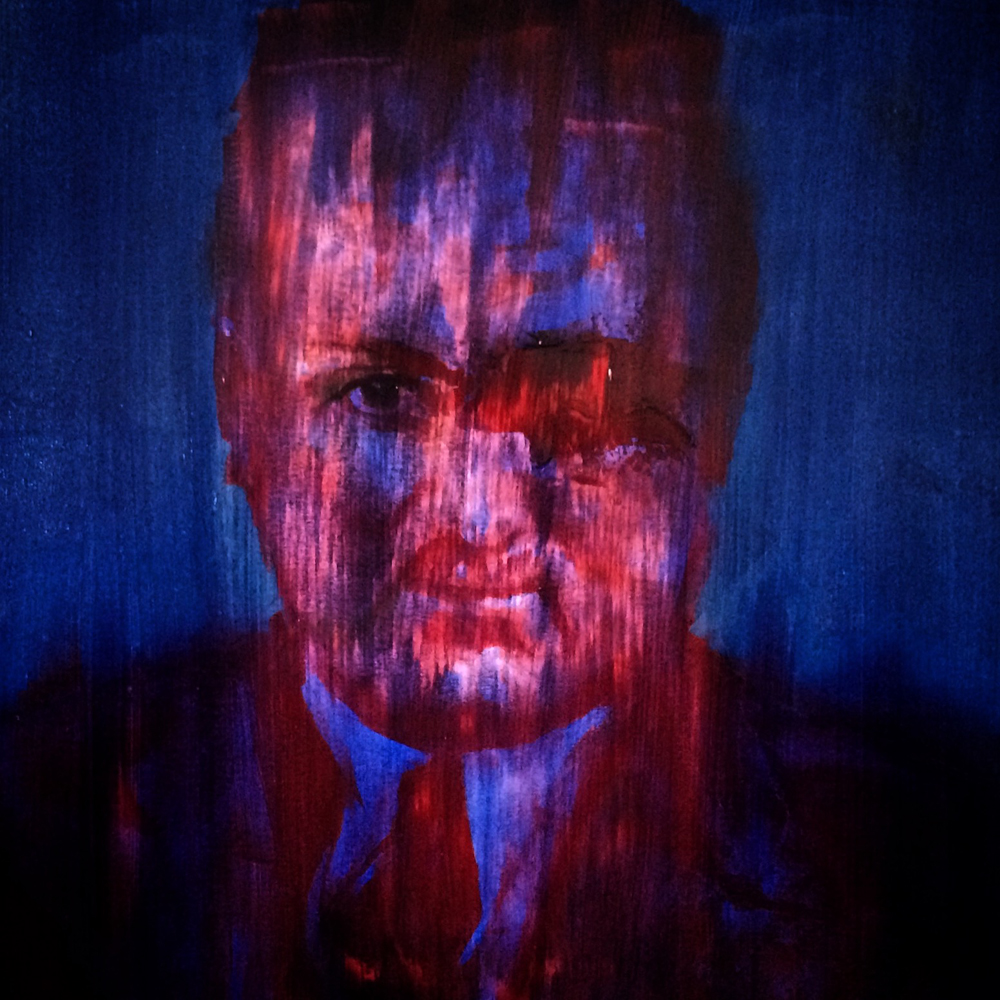"Life can only be understood backwards, but it must be lived forwards."
Søren Kierkegaard is generally regarded as the founder of existentialism (1). Born in Denmark he enrolled at the University of Copenhagen in 1830 but did not complete his studies until 1841. He was studying at a time when the dominant philosopher of the age was Hegel. Hegel, said Kierkegaard explained everything in terms of huge great sweeps of ideas in which actual things, individual entities, are unmentioned despite the fact that it is only individual things that exist. Abstractions, generalisations, do not exist in the same sense: they are our own inventions that facilitate understanding. But in order to understand something that does not exist we have to explore coming to terms with uniquely individual entities because that is all there is. This is especially true of human beings. Hegel had seen the individual as fulfilling himself only when absorbed into the larger and more abstract entity of the organic state, whereas in fact, said Kierkegaard, it is the individual himself who is the supreme moral entity, and therefore it is the personal, subjective aspects of human life that are the most important. Because of the transcending value of moral considerations the most important human activity is decision making: it is through choices we make that we create our lives and become ourselves.
Søren Kierkegaard, 2017 Oil on Canvas 61x61cm (Private Collection-USA)
In what was perhaps his earliest major work Either / Or (1843) he suggests that people might effectively choose to live within either of two "existence spheres". He called these "spheres" the aesthetic and the ethical. Aesthetic lives were lives lived in search of such things as pleasure, novelty, and romantic individualism. Kierkegaard thought that these goals would eventually tend to decay or become meaningless and this would inevitably lead to much boredom and dire frustration. Ethical lives, lived very much in line with a sense of duty to observe societal and confessional obligations would be easier to live, yet would also involve much compromise of several genuinely human faculties and potentials. Such compromise would inevitably mean that Human integrity would tend to be eroded although lives seemed to be progressing in a bourgeois-satisfactory way.
Neither of these "existence spheres" seemed to him to offer fully satisfactory lives to Human beings and in his later works he suggested that there was a third, religious, "sphere" where people accepted that they could "live in the truth" that they were "individual before the Eternal" to which they belonged. By living in this truth people could achieve a full unity of purpose with all other people who were also, individually, living in the same truth. This is the choice that he made for himself in his own efforts to live a life which he considered to be valid.
Søren Kierkegaard passed away, possibly from tuberculosis on the 11 November 1855. His work remained limited to Scandinavia, but the 20th century saw the revival of his philosophy, although many thinkers only went along with Kierkegaard up to the point where introduces the relationship of the individual soul to God. Consequently two parallel traditions of existentialism developed side by side. Christian existentialism and Humanist existentialism. The later has roots in the work of Nietzsche, who was an atheist but its most distinguished representative in the 20th century was Martin Heidegger.
(1) Existentialism is a philosophical theory or approach which emphasises the existence of the individual person as a free and responsible agent determining their own development through acts of the will.


